
Close

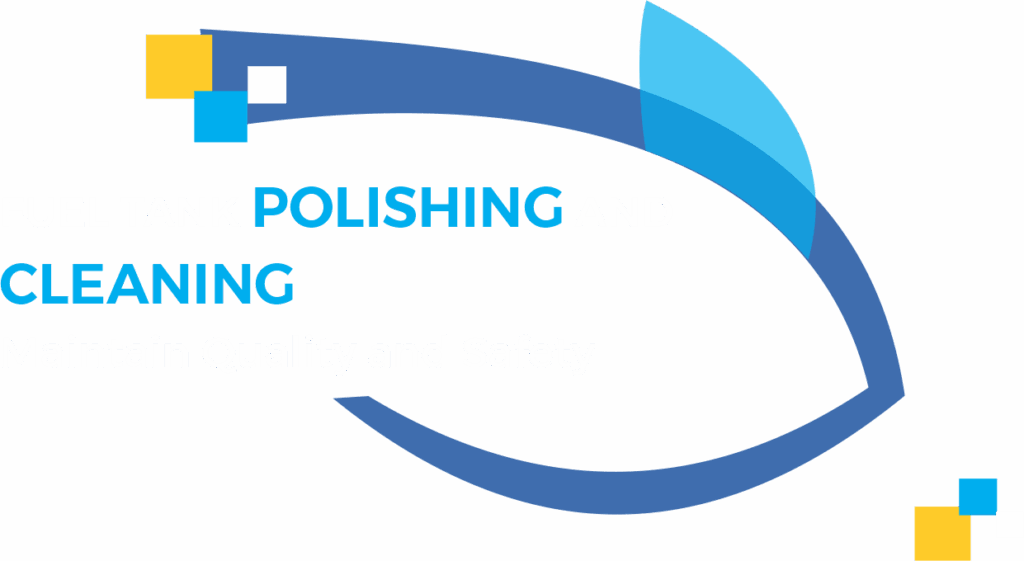

Regular fuel tank cleaning is essential to maintain fuel quality, reduce the risk of environmental contamination, and extend the lifespan of fuel and combustion system components in vehicles and equipment that use this diesel.
The polishing/“dialysis” process, effective at removing water, impurities, and sludge, is essential for treating contaminated fuels.
Using FQ4, a powerful optimizer that dissolves sludge, removes moisture, and acts as a bactericide, helps reduce bacterial proliferation in stationary tanks and efficiently disperse accumulated water, minimizing the need for frequent draining.
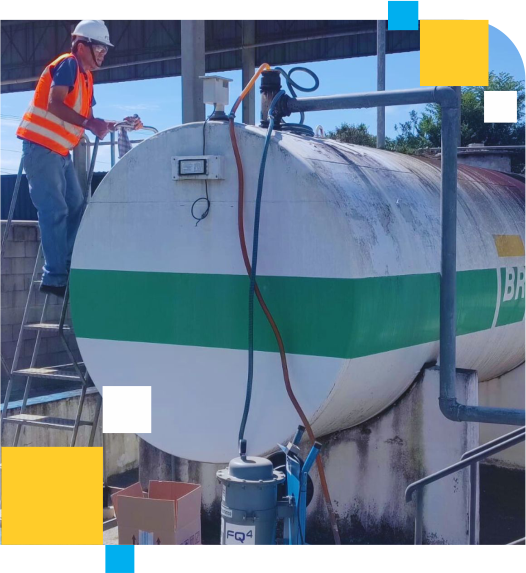
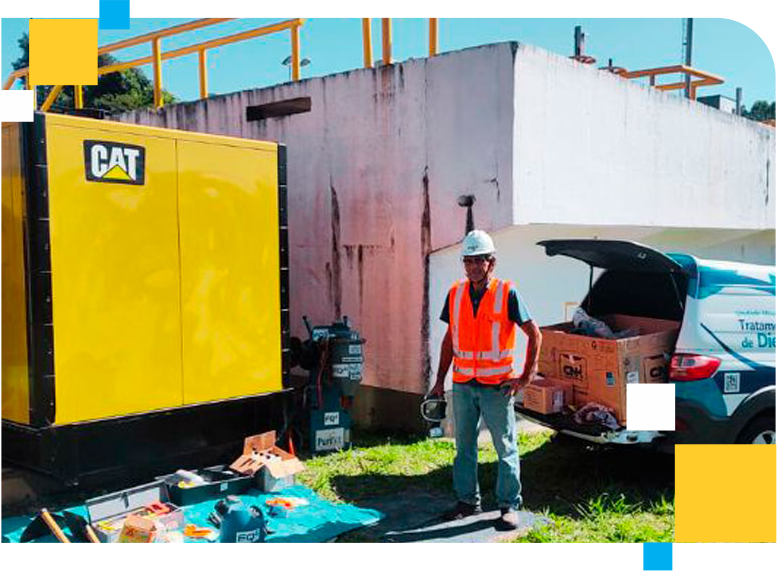
The methodology involves removing the fuel from the tank, processing it through an advanced filtration system, and dosing it with FQ4 Diesel.
This system removes water, microorganisms, sediments, and other impurities, returning fully purified, safe fuel to the tank.

Tank cleaning must be carried out exclusively by qualified professionals with full knowledge of NBR 14973. The team uses proper PPE and strictly follows all safety standards for transport, handling, and decommissioning of fuel tanks.
Recommended Cleaning Frequency.

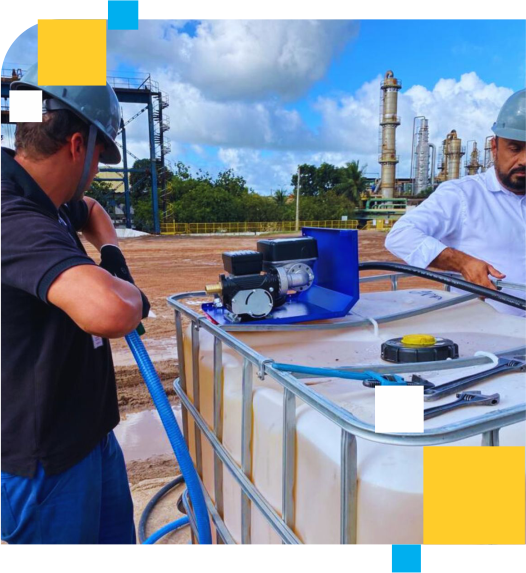
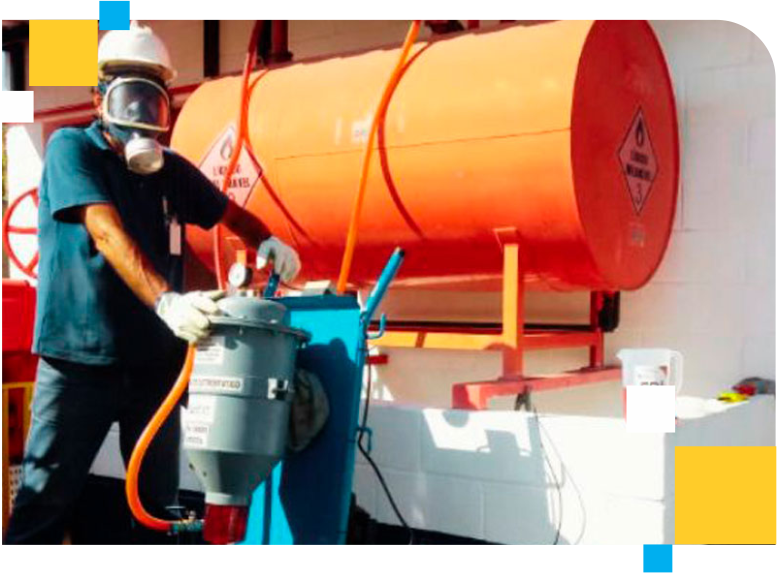
Brazil’s ANP (National Petroleum Agency) recommends cleaning fuel tanks every six months to ensure maximum equipment efficiency and safety. This interval helps prevent issues related to fuel quality and machinery performance.
Adding FQ4 Diesel at each refueling yields better mileage (km/L), increases the lifespan of injectors, pumps, and filters, and lowers atmospheric pollutant emissions.
